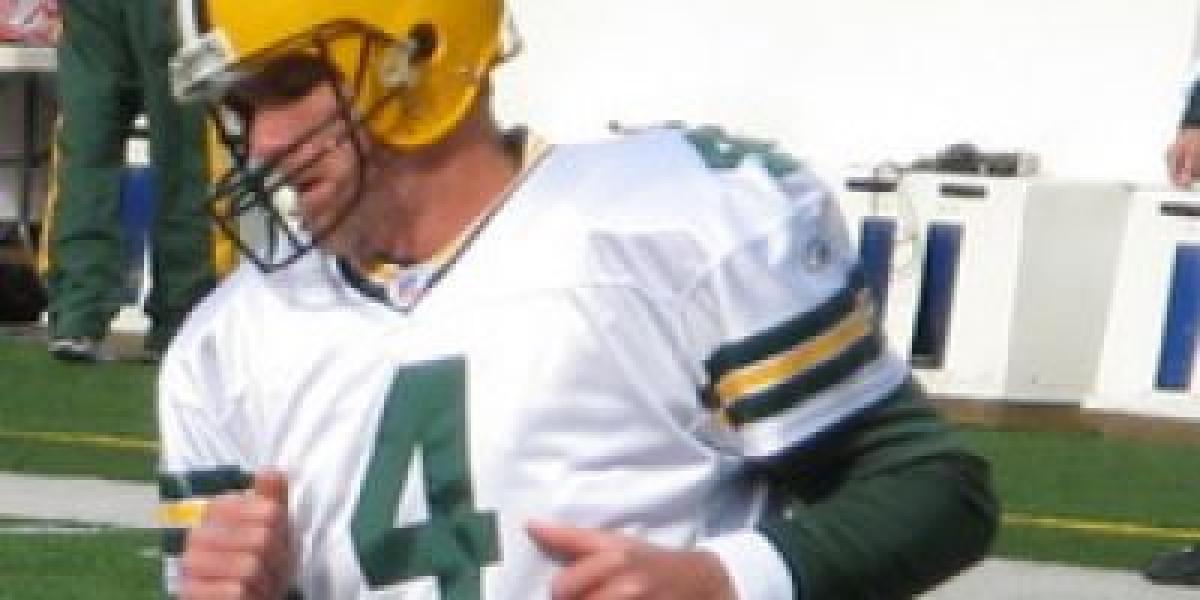Initially viewed as a raw talent, Favre blossomed under coach Mike Holmgren. His gunslinger mentality, characterized by deep throws and improvisational brilliance, captivated fans. He wasn't afraid to take risks, often extending plays with his scrambling ability and delivering pinpoint passes on the run. This gunslinger style led to both highlight-reel moments and interceptions, but it undeniably kept defenses honest.
Favre's tenure with the Packers was nothing short of remarkable. He led them to two Super Bowl appearances, winning Super Bowl XXXI against the New England Patriots. He shattered numerous NFL records, including most career passing yards and touchdowns, both of which have since been surpassed by quarterbacks like Tom Brady and Peyton Manning.
However, Favre's story doesn't end in Green Bay. A messy public divorce from the Packers organization in 2008 led him to the New York Jets and ultimately the Minnesota Vikings. While his peak years were behind him, Favre's competitive fire remained. He revitalized the Vikings offense and nearly led them to a Super Bowl appearance in 2009.
Favre's legacy is complex. He is admired for his exceptional talent, leadership, and sheer love for the game. However, his gunslinger mentality sometimes resulted in costly mistakes, and his later-career decisions raised questions about his commitment.
Despite the complexities, Brett Favre's impact on the NFL is undeniable. He redefined the quarterback position with his aggressive style, leaving an indelible mark on the game and inspiring a generation of gunslingers.




